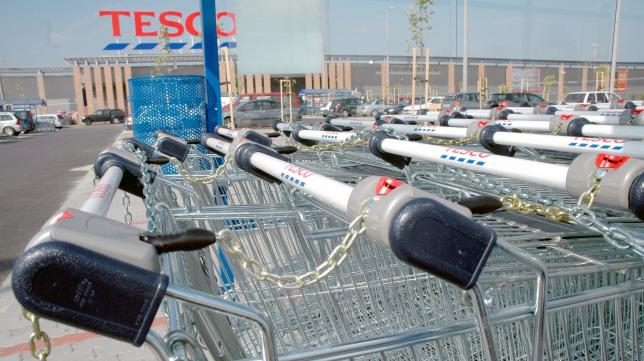INTERVIEW
PM Orbán: 2021 could be a fantastic year

PM Orbán to the German press: Brussels was “not far” from becoming the communist Moscow

Nagorno-Karabakh: Why did the war break out? What happens next? – The Azerbaijani Ambassador in Budapest answers – Exclusive interview

Beautiful ex-model goes viral on TikTok for trying Hungarian food

George Clooney associates hatred and anger with PM Viktor Orbán

“I am proud that many foreigners have chosen to live in Budapest” – exclusive interview with Gergely Karácsony, Lord Mayor of the Hungarian capital

PM Orbán told who would win the US elections and what he thought about Huxit

PM Orbán’s exclusive evening interview: if rules are not kept the state will flex its muscles

Tesco in Hungary: leaving or remaining?

George Soros on turning 90, coronavirus, and Donald Trump

Is there an actual feminist community in Hungary?

US ambassador: Hungary attracting ‘great deal of attention’ from US, Russia, China

Hungarian democracy ‘alive and well’ – The Washington Post

Vodafone: our most important goal is to help the recovery of Hungary after the virus and enable all Hungarians to have a connected future

Hungarian Foreign Minister accuses CNN of spreading ‘fake news and lies’ about Hungary

Arnold Schwarzenegger: “Budapest is much better than Vienna!”

Woody Allen talks about his time in Kádár’s Hungary

Bundestag president thanks Hungarians for courage in 1989 – Interview





 ZH
ZH IT
IT DE
DE HR
HR NL
NL FR
FR JA
JA RO
RO RU
RU ES
ES TR
TR
